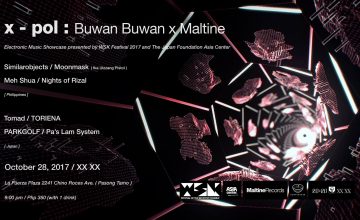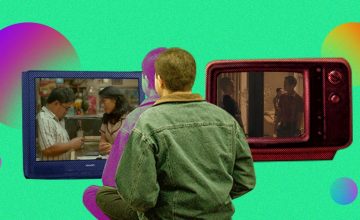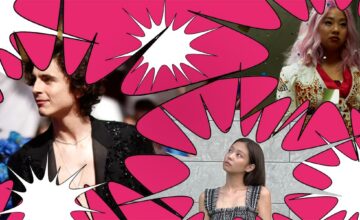Police are eyeing a new plan to locate quarantine violators: “Regularly monitoring” social media, according to Joint Task Force COVID Shield chief Police Lt. Gen. Guillermo Eleazar on Saturday, Sept. 7.
“The social media are full of photos and evidence of hardheaded people deliberately violating the quarantine protocols. These can be used as pieces of evidence to warn, to fine and to summon the people concerned in coordination with the barangay officials concerned,” said Eleazar.
Back in July, we wrote about a survey that debunked this “hardheaded people” narrative. This warning also came because, as Eleazar put it, people are “inadvertently” posting photos of celebrations and mass gatherings online (though, last I checked, you’d have to consciously select the photos you’d upload and click the “Post” button. You know, with full knowledge of what you’re doing).
While there have been legitimate quarantine violations that spread all over social media the past few months, I have some questions about this plan (because, you know… I use social media, too).
Social media offers various privacy settings, so… literally how?
On Facebook, I have my profile locked and my posts visible to friends only. Friend requests are on only for people I have mutual friends with. I’ve been private on Twitter since the day I made my account.
It’s also easy to hide previous posts. Anyone can deactivate or delete their accounts so their posts won’t be accessed. You can even literally choose who to show your posts to.
So… how are they planning to monitor social media accounts with different settings?
PNP’s new chief Gen. Camilo Cascolan clarified that just today, actually: They’ll only be monitoring public posts, and even encouraged people to sue them should they violate someone’s privacy.
“Ang sabi ko, if it’s posted publicly. Hindi ko naman sinabing posted privately. If we enter your account, you file a case against us,” Cascolan said in his first press briefing today.
So if only public posts will be investigated, does that still include accounts that went private after gaining attention?
Just so we know, how does the police even define “viral photos”?
What does it take to be inducted into the internet Hall of Fame (and earn a golden ticket to an inquiry)? The number of likes or shares? If it somehow makes it to the list of the day’s trending topics? Or if public figures react to it?
What if a public social media profile with very few friends or followers posted their recent photo showing a clear quarantine violation but gained no likes or shares?
There are so many accounts on social media, and so many posts going viral every day for various reasons. Filtering all of those does take a lot of work and time but relying on popular posts and citizen journalism might cause them to miss out on other things they could be turning their attention to (but that’s just me).
How do we know that the photos won’t be taken out of context? And how do we know that this won’t be abused?
Some people have already criticized the plan. Edre Olalia, president of the National Union of Peoples’ Lawyers, acknowledged that it’s a “valid and well-intentioned idea” but could be abused, noting that some violations come “from within the very corridors of privilege and power themselves.”
This could be alluding to Major Gen. Debold Sinas, who is currently under investigation for that whole “mañanita” mess (which, curiously, went viral).
There were also concerns on the possibility of police breaching privacy rights, to which Cascolan insisted that no one’s getting arrested purely based on social media.
“It will serve as a basis for further investigation, but it has to be validated. Possible kasi na fake lang ‘yun. We will get the validation also of the barangay para maimbestigahan,” he said.
The idea of policing social media, platforms we’ve used to express ourselves freely, doesn’t sit well with me personally, especially since certain police officers and government officials themselves have not yet received punishments for their own quarantine violations.
While I can see there’s good intention behind this plan, relying on social media alone probably isn’t the way to go if we want discipline and order. We don’t see everything on social media after all―a lot of the content is curated, usually depending on how we’d like others to perceive us. But virality is mostly out of our hands, something we don’t even control, so the best we can do is practice being responsible whether online or IRL.
Art by Yel Sayo
























Comments